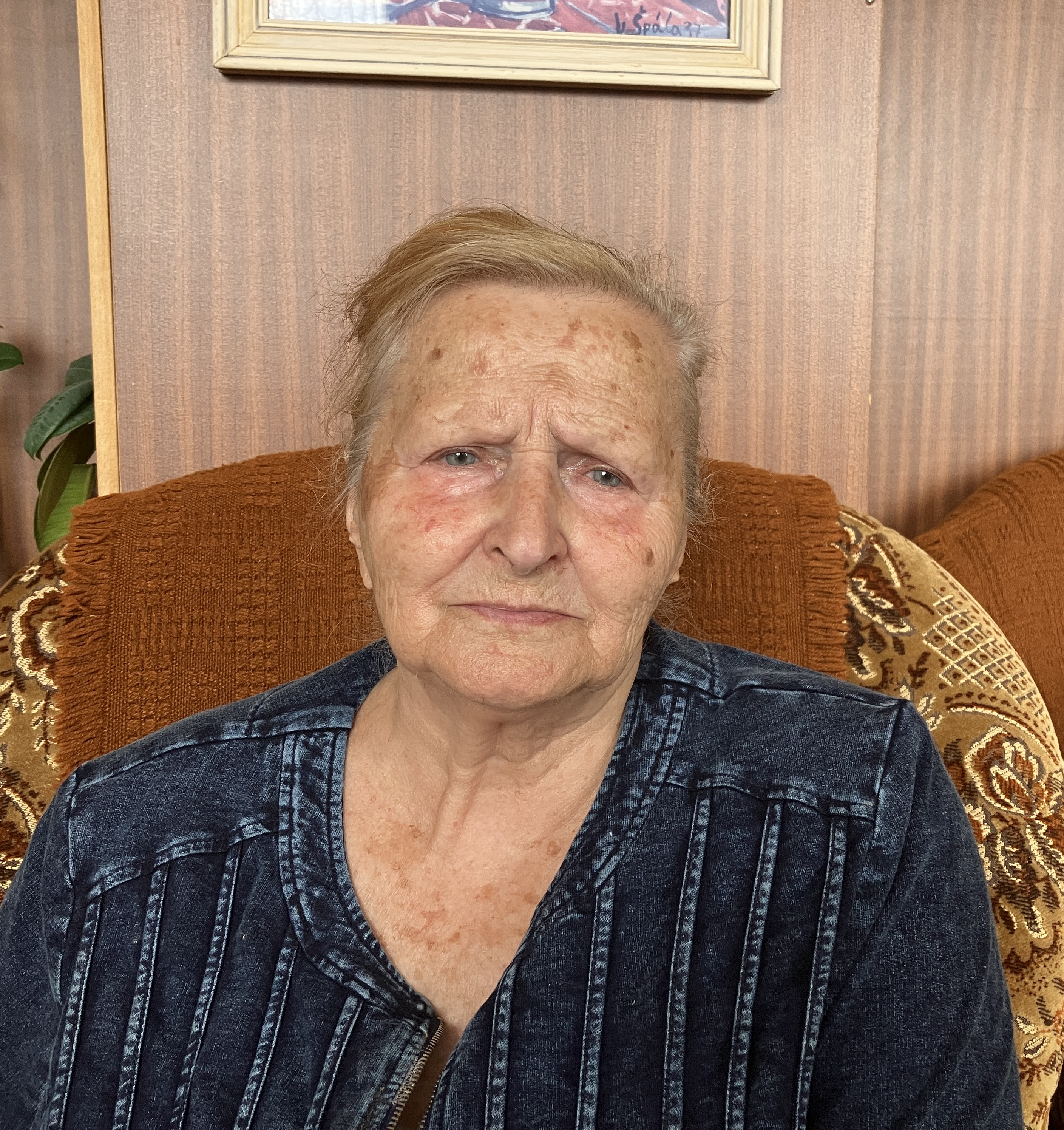A righteous person had nothing to fear

Stáhnout obrázek
Věra Krejčíková was born on 22 August 1936 in Nymburk. She grew up in Kačerov, Prague, where she attended local primary schools. Her mother Elsa Hamtilová took care of the household, and her father Otakar Hemiš worked as a metal founder. He strongly opposed everything German, which complicated relations with his wife‘s family, which was partly German. During the war, the family lived in Kačerov, Prague. In the cellar of the house, they kept people persecuted by the Nazis, including a cousin who had defected from the German army. After the outbreak of the Prague Uprising, Věra Krejčíkova‘s father fought on the barricades, and her mother took care of two young German soldiers who found refuge with them. Věra helped to tend to the survivors of the concentration camps. Věra Krejčíková joined the Communist Party, and until her retirement, she worked in a trade union where she was in charge of a company recreation. In 2023, she lived in a home for the elderly in Zruč nad Sázavou.
